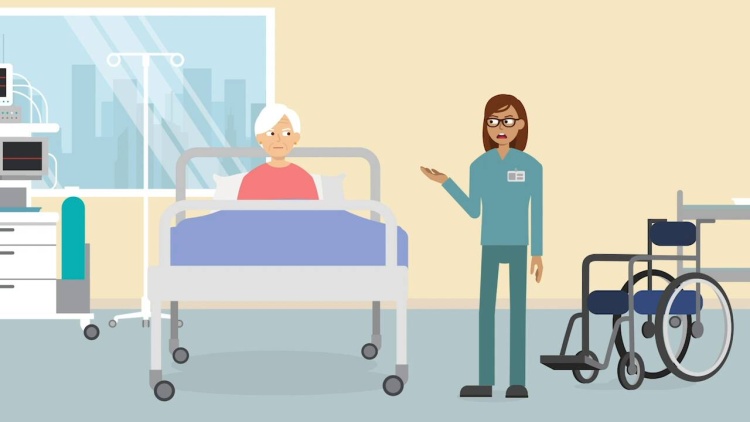Perry v. State
Wyoming Supreme Court
134 P.3d 1242 (2006)

- Written by Sara Rhee, JD
Facts
Eleanor Perry (plaintiff) was a certified nursing assistant (CNA) for Mountain Towers Healthcare and Rehabilitation Center (Mountain Towers), a nursing home. Prior to her first day, Perry attended an orientation that covered lifting techniques for patients in need of help. Perry was instructed that one employee should never lift a patient who was classified as a two-person lift. This prohibition was set forth in a written policy, and a violation of the prohibition was punishable by termination. Perry signed a statement acknowledging the policy. On October 26, 2003, Perry began a night shift, during which a patient asked Perry for assistance in using the bathroom. The only other CNA available was unable to assist, and the patient refused to use a bedpan. Perry lifted the patient by herself to help the patient to the bathroom. The patient’s wheelchair moved as Perry was lifting the patient, causing Perry to strain and injure her back. Perry reported the injury to Mountain Towers, acknowledging that the injury had occurred because Perry had lifted a patient classified as a two-person lift by herself. Perry requested workers’ compensation benefits as a result of her injury. Mountain Towers objected. The State of Wyoming (defendant) denied Perry’s request. The case was referred to Wyoming’s Office of Administrative Hearings (OAH), which denied Perry’s claim because she was injured while violating a safety regulation. Perry appealed.
Rule of Law
Issue
Holding and Reasoning (Kite, J.)
What to do next…
Here's why 899,000 law students have relied on our case briefs:
- Written by law professors and practitioners, not other law students. 47,000 briefs, keyed to 994 casebooks. Top-notch customer support.
- The right amount of information, includes the facts, issues, rule of law, holding and reasoning, and any concurrences and dissents.
- Access in your classes, works on your mobile and tablet. Massive library of related video lessons and high quality multiple-choice questions.
- Easy to use, uniform format for every case brief. Written in plain English, not in legalese. Our briefs summarize and simplify; they don’t just repeat the court’s language.





